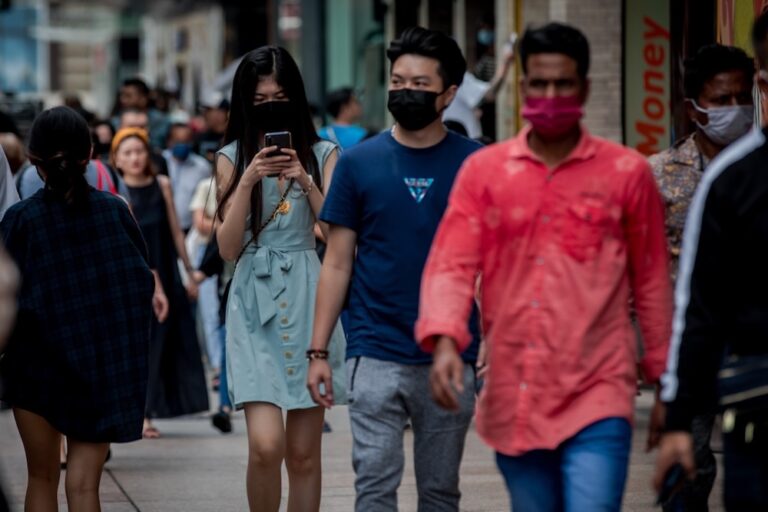(SEAPA/IFEX) – The implication that banning books in Malaysia, or placing restrictions upon their entry into the country, can be reversed or reconsidered upon receiving complaints from distributors or importers, has distressed a local communication rights organisation. “This implies, firstly, a lax attitude toward the banning of books and, second, it puts the onus for […]
(SEAPA/IFEX) – The implication that banning books in Malaysia, or placing restrictions upon their entry into the country, can be reversed or reconsidered upon receiving complaints from distributors or importers, has distressed a local communication rights organisation.
“This implies, firstly, a lax attitude toward the banning of books and, second, it puts the onus for action on book distributors, whereas the responsibility should lie with the (Internal Security) Ministry to ensure that no frivolous bannings occur,” said the Centre for Independent Journalism (CIJ) in a 9 January 2007 release.
Notwithstanding that, CIJ reiterated, “The banning of books is a serious violation of freedom of expression. It should not be done at all, and never done lightly.”
CIJ, a SEAPA partner in Malaysia, was responding to a 9 January report in “theSun” daily quoting Deputy Internal Security Minister Fu Ah Kiow as welcoming complaints from book distributors dissatisfied over arbitrary censorship of titles, an issue that came to light in recent months.
The deputy minister acknowledged the inconsistent interpretation of the censorship guideline at different entry points to the country and said the procedure will be streamlined.
While CIJ lauded the ministry’s move to engage in consultation and improve openness, it found the underlying assumption that books must be banned disconcerting.
“It is also worrying that the ministry is looking at making the banning process more streamlined, rather than reconsidering whether book banning is important, effective or consistent with Malaysia’s aim of achieving Vision 2020 within the next decade and a half,” it said.
(“Vision 2020” is Malaysia’s blueprint toward a developed nation status in 2020.)
“When books are banned, ideas are removed from circulation. This stunts the ability of our students, academics and general public to deal with controversial ideas, and assumes a paternalistic attitude that is not suited to a country with a high standard of educational achievement,” CIJ continued.
CIJ has consistently condemned the banning of books and, with a group of over 100 individuals and 10 organisations, had called for a repeal of the ban on 18 books in June 2006 (see CIJ’s past alerts here: http://www.cijmalaysia.org/ ).
SEAPA supports CIJ’s repeated calls for an end to the banning of books and a repeal of the Printing Presses and Publications Act 1984.


